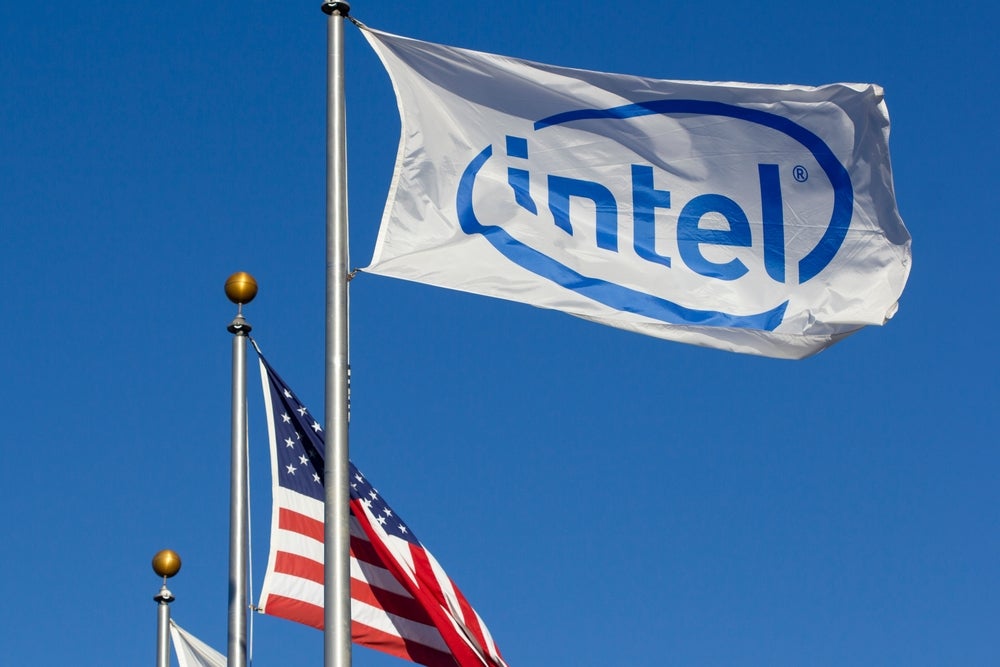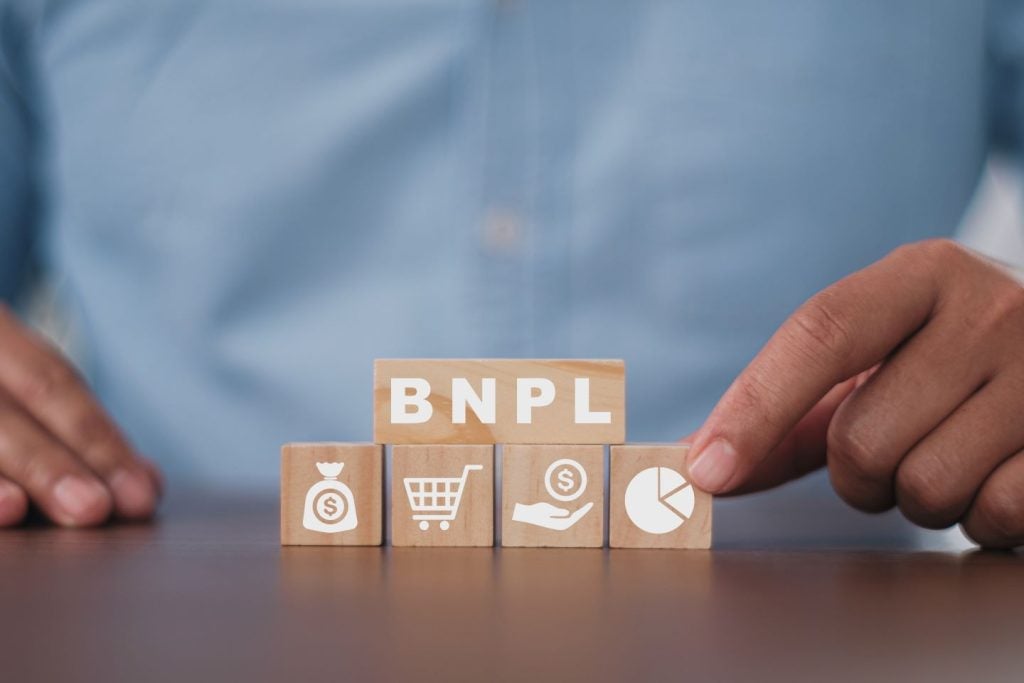
On 22 June 1992, the skeletons of Tsar Nicholas and his family – the most famous casualties of the Russian revolution – were unearthed in the city of Yekaterinburg.
The unexpected collapse of the Soviet Union six months earlier had led many to the view that conflict over the fundamental shape of society was now a thing of the past. So long as politicians learned their place, as administrators rather than visionaries, the world could glide along forever on a permanent wave of economic growth.
Yet, this story was already falling apart. A week before the Tsar’s remains were rediscovered, the UN was wrapping up its Earth Summit in Rio de Janeiro – bringing to many ears the first news of global warming and puncturing a gaping hole in the side of the theory of inevitable progress. In 2008, the financial crisis dealt a second blow. On 27 December 2019, Wuhan Central Hospital was informed of a third.
China’s extraordinary growth has not come about through strict obedience to liberal economic norms and institutions.
That same day, cognitive psychologist Steven Pinker took to the pages of the Financial Times in one of his frequent calls for a return to the optimism of earlier decades. Things may appear to be falling apart, Pinker acknowledged, but the bigger picture is one of inexorable human progress in fighting disease, poverty and war.
The poor get richer?
In his book Enlightenment Now, Pinker argues this point by presenting a remarkable statistic – the fall in the percentage of people living on $1.90 per day, the World Bank’s definition of absolute poverty.
How well do you really know your competitors?
Access the most comprehensive Company Profiles on the market, powered by GlobalData. Save hours of research. Gain competitive edge.

Thank you!
Your download email will arrive shortly
Not ready to buy yet? Download a free sample
We are confident about the unique quality of our Company Profiles. However, we want you to make the most beneficial decision for your business, so we offer a free sample that you can download by submitting the below form
By GlobalDataOn this measure, the proportion of people living in poverty has indeed fallen enormously – from 43% in 1981 to just 9% in 2018, a fact which Pinker attributes to both technological change and the spread of liberal capitalism.
In reality, it takes earnings of about $7.40 per day for a person to achieve a normal human life expectancy. On this measure, the proportion living in absolute poverty actually rose from 71% to 74% between 1981 and 1999, before falling to 52% by 2018 – still an impressive feat, although a much less rosy picture and hardly a linear one.
Looking at regional variation, the picture becomes still more detached from Pinker’s teleological narrative of human progress.
[Keep up with Investment Monitor: Subscribe to our weekly newsletter]
In sub-Saharan Africa, which since the 1980s has opened its economies faster than any region bar Europe, the proportion of people earning too little to achieve a normal human lifespan remains exactly as it was in 1981, an unedifying 92%.
In Europe and Central Asia, meanwhile, absolute poverty skyrocketed from 34% in 1989 to 60% in 1999, returning to its previous level only in 2006.
The most glaring contradiction in Pinker’s narrative, however, comes from the role of China. China’s development, as Pinker acknowledges, accounts for the vast majority of those lifted out of poverty since the 1980s. Outside of China, the proportion living on less than $7.40 per day has barely shifted since 1981, falling just 5% over almost four decades.
How did China rise from poverty?
Yet, China’s extraordinary growth has not come about through strict obedience to liberal economic norms and institutions.
Politically, the Chinese government has only become more illiberal in recent decades, cracking down on dissent in Hong Kong, persecuting Muslims in Xinjiang and introducing ever more dystopian systems of mass surveillance.
Economically, China’s embrace of capitalism and its willing integration into global production has not come without conditions.
Western opposition to China’s investment policies often seems more a matter of economic self-interest.
Local content requirements, forced technology transfers and mandatory joint ventures have all been essential ingredients in China’s development strategy. Instead of opening itself up to foreign investment unreservedly, China has sought to leverage its economic weight to squeeze as much technological spillover as possible out of foreign investors.
This strategy has rankled the US, which in 2018 initiated a World Trade Organisation dispute against China, followed by sanctions. The trade war only began to ease last January, with China agreeing to abandon many of these practices.
The EU is currently seeking similar assurances, with a proposed Comprehensive Treaty on Investment now awaiting ratification by the European Parliament.
Although often framed in the normative language of ‘openness’ and ‘liberalism’, Western opposition to China’s investment policies often seems more a matter of economic self-interest. The dominance of the US, in particular, in the cutting edge of digital technology has increasingly come under threat from China’s own Silicon Valley in Zhongguancun.
The district’s home-grown tech giants, from Baidu to ByteDance, emerged under the shade of investment barriers limiting competition from Western companies such as Google and Facebook. TikTok, the Western version of ByteDance’s signature app Douyin, was the most downloaded app of 2020.
Few developing countries have ever managed such a dramatic leap up the value chain, and it is hard to imagine that China could have done so without squeezing foreign investors for their expertise.
Home page photo by STR/AFP via Getty Images.







